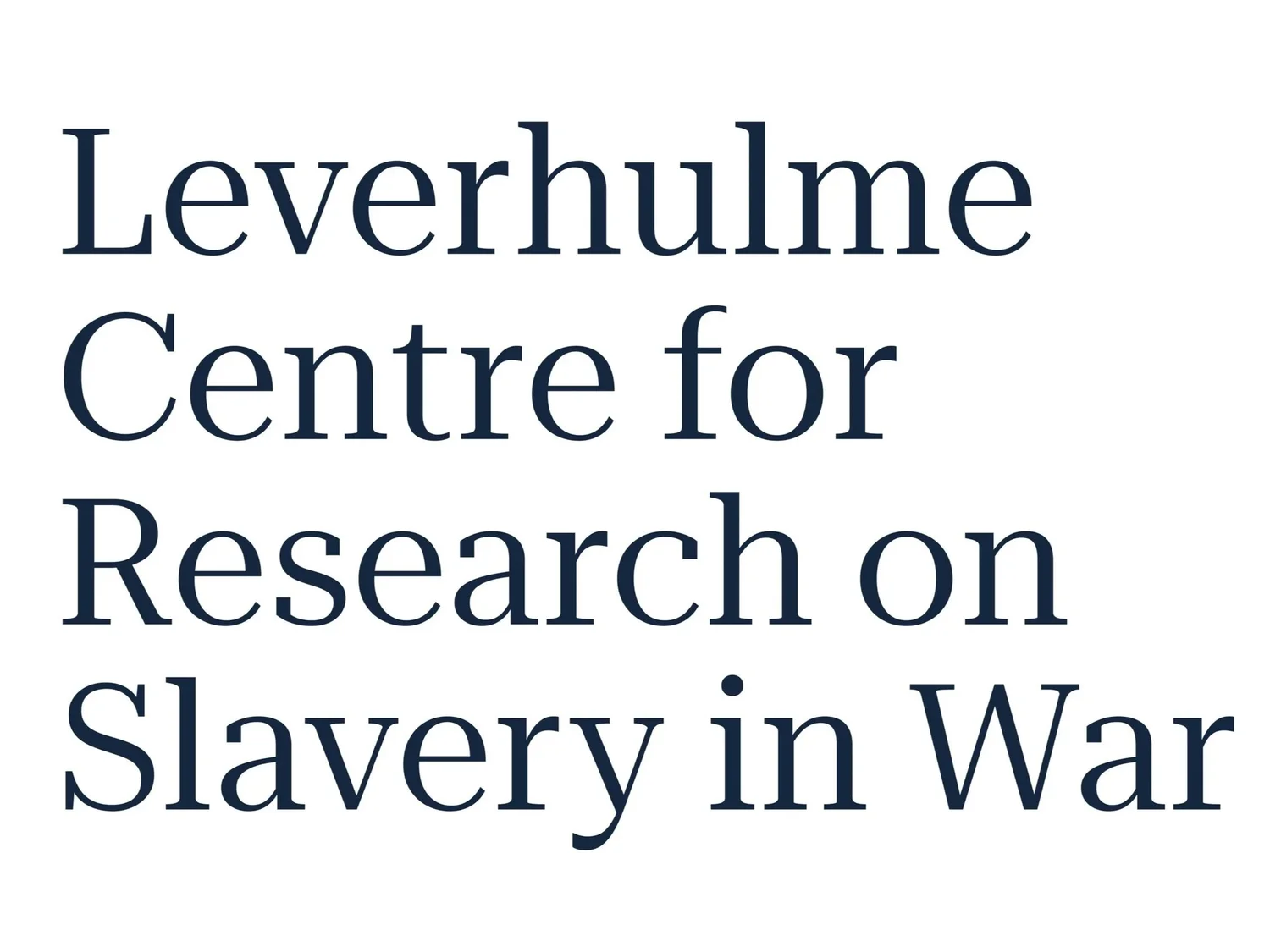
(Re)Conceptualising
How do survivors’ perspectives and stories reshape our understandings of slavery in war?
Whose perspectives have shaped concepts of slavery and war, and how does engaging different
lenses reshape our understandings?
This research strand aims to (re)conceptualise slavery in war by exploring how political theory, legal frameworks, and survivor narratives have shaped our understanding of the relationship between slavery and armed conflict. By analysing first-person accounts and engaging with interdisciplinary methods, we will challenge dominant narratives and build new insights into how slavery and war have influenced each other across space and time.
We examine slavery’s place in the conceptual, legal, ethical, and normative foundations of war - from the premodern world to the present. This includes critically evaluating how political philosophy, legal doctrine, and survivor experience define and connect the concepts of war and slavery. We will analyse how global military history reveals the persistence of this nexus and how war has functioned in sustaining slavery as a practice and institution.
By combining survivor, feminist, post-colonial, and critical perspectives with traditional war studies variables - such as power, resources, combatant numbers, and territory – we aim to bring attention to both dominant and marginalised understandings of slavery in war. These insights will also help us assess specific modern conflicts and the role slavery has played in shaping their outcomes and international legal responses.
Research Co-Leads
-

Dr Jack McDonald
-

Professor Helen McCabe
-

-

Professor Andrew Mumford
